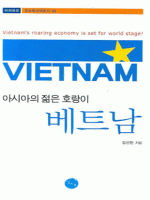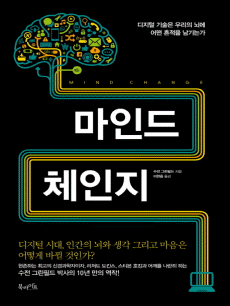





| ұ№і»јӯ әПҪбёУё® | [648,549]ұЗ АРАҪ | |
|---|---|---|
| ЗШҝЬјӯ ЗБё®әд | [0]ұЗ АРАҪ | |
| ұЫ·О№ъ Ж®·»өе | [2]ұЗ АРАҪ | |
| №Мөрҫо әкё®ЗОҪә | [680]ұЗ АРАҪ |
 [44]ұЗ
[44]ұЗ 
 |
м Ғмқ„ л§Ңл“Өм§Җ м•ҠлҠ” 100мқј н•„мӮ¬ | |
| АъАЪ | мғҳ нҳј (м§ҖмқҖмқҙ), мқҙмғҒмӣҗ (мҳ®кёҙмқҙ) | ||
| ГвЖЗ»з | к°Ҳл§ӨлӮҳл¬ҙ | ||
 |
лҮҢк°Җ м„№мӢңн•ң лӮЁмһҗ. л§ҲмқҢмқҙ м„№мӢңн•ң м—¬ | |
| АъАЪ | л§Ҳм“°л§ҲлЈЁ лӢӨмқҙкі (м—ӯ: мқҙнҳ„лҜё) | ||
| ГвЖЗ»з | мқёмӮ¬мқҙнҠём•Өл·° | ||
 |
м•„мӢңм•„мқҳ м ҠмқҖ нҳёлһ‘мқҙ лІ нҠёлӮЁ | |
| АъАЪ | к№Җм„ н•ң | ||
| ГвЖЗ»з | к№Җ&м • | ||
 |
л§Ҳмқёл“ң мІҙмқём§Җ | |
| АъАЪ | мҲҳм „ к·ёлҰ°н•„л“ң(м—ӯ:мқҙн•ңмқҢ) | ||
| ГвЖЗ»з | л¶Ғлқјмқҙн”„ | ||
 |
кҙ‘нҢ¬мқҖ м–ҙл–»кІҢ л§Ңл“Өм–ҙм§ҖлҠ”к°Җ | |
| АъАЪ | мһ¬нӮӨ нӣ„л°”(м—ӯмһҗ:мқҙмҳҲ진) | ||
| ГвЖЗ»з | мІҳмқҢл¶ҒмҠӨ | ||